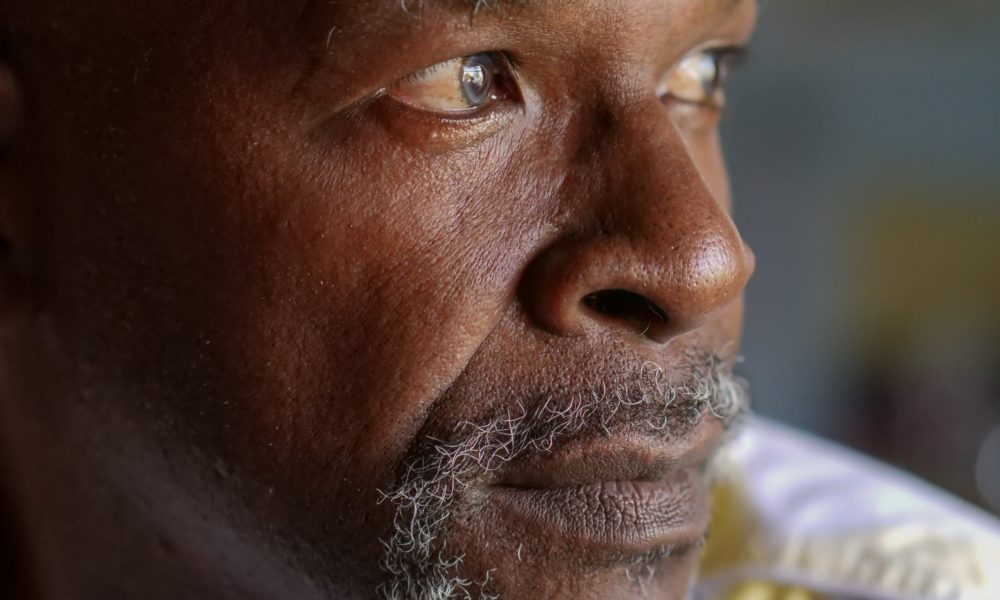By 2050, the number of people aged 65 and older with Alzheimer’s dementia is projected to reach 12.7 million. As the size of the U.S. population aged 65 and older continues to increase, the number of Americans with Alzheimer’s or other dementias will grow. Knowing how to identify the early signs and symptoms of Alzheimer’s can make a great difference in terms of providing appropriate care and support for someone with Alzheimer’s.
The Alzheimer’s Association, founded in 1980 is the leading voluntary health organization in Alzheimer’s care, support, and research. The organization provides a wide range of support, research and advocacy, and resources for those suffering from Alzheimer’s and their family.
As part of VOYCE’s Community Education Series, we were joined by Dr. Anne Steffen, Professor of Gerontology at the University of Missouri–St. Louis. Dr. Steffen’s research, teaching, and clinical interests are in Geropsychology and behavioral medicine. She coordinates the Stadler Psychological Sciences Advising Office and psychology tutoring along with teaching undergraduate and graduate courses in gerontology and doctoral courses in clinical psychology. D
What Causes Memory Loss? Assessing Symptoms and Seeking Help
Various conditions can cause short-term or long-term memory loss and affect thinking or behavior.
It can be difficult to know what to do if you’ve noticed changes in yourself or a family member or friend — particularly changes related to memory loss, thinking, or behavior. It may just be normal forgetfulness, or it may be something more serious.
It’s natural to feel uncertain about voicing your worries because that can make them seem more “real.” However, these are significant health concerns, and it’s important to take action to figure out what’s going on.
Assess the situation
- What changes in memory, thinking or behavior do you notice?
What have you noticed that’s out of the ordinary and causing concern? - What else is going on?
Various conditions can cause short-term or long-term memory loss and affect thinking or behavior. Are there any health or lifestyle issues that could be a factor? These may include family stressors or medical problems like diabetes or depression. - Has anyone else noticed changes?
Has a family member or friend expressed concerns? What did he or she notice? - Are any of these changes a sign or symptom of Alzheimer’s or another dementia?
View the 10 early signs and symptoms of Alzheimer’s to check if they’re on the list.


My brother was just diagnosed with Alzheimer’s. I am scared for him and his wife?? I need to learn about the disease.
It can be difficult to narrow down all of the information that is out there. I would recommend starting with the Alzheimer’s Association. https://www.alz.org/
In addition to their general website, they have local chapters. You can find your chapter here: https://www.alz.org/local_resources/find_your_local_chapter
If you are looking for specific resources in relation to aging or long-term care, please reach out to our VOYCEconnect Helpline (314-919-2403) https://www.voycestl.org/how-help/voyce-connect-helpline/
Someone help me please. I’m 54 and have been diagnosed with early onset dementia but I don’t know what type. I have been told Psychologist determine the type. I also have 5 auto immune diseases. I get confused, agitated, Ive even gotten lost a couple of times in the town I was born and raised in.
What do I do? My husband doesn’t understand my moodiness or what he calls snapiness. I never wanted to be this way. My grandfather had it. what do I do? Please
.
We are sorry you are going through this, but there is help out there!
We recommend you reach out to one of two incredible partners- The Alzheimer’s Association at http://www.alz.org or Memory Care Home Solutions https://memorycarehs.org/. Both do great work in guiding people through the early stages of dementia.
Thank you for your Informative presentation on detection of Alzheimer’s disease. It was very helpful.